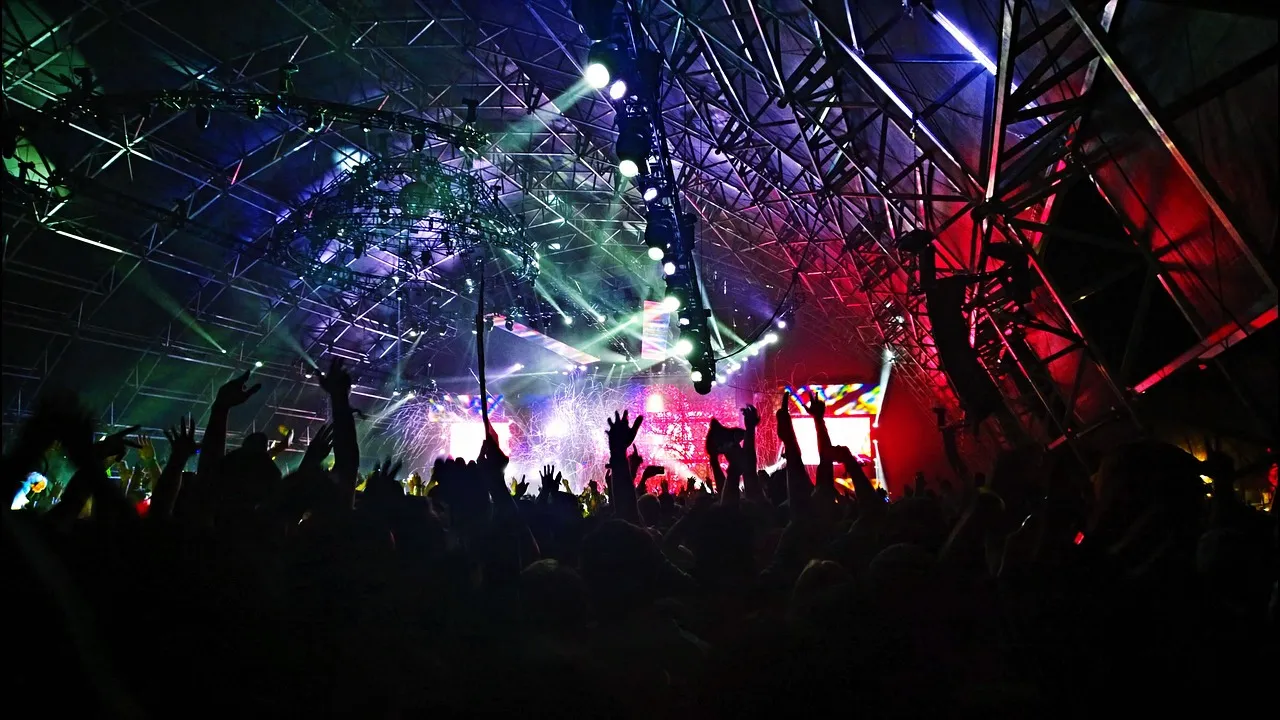Music Festival Pollution Prevention
Monday September 25, 2017



I found the sustainability report for Bonnaroo, the music festival featuring U2, the Red Hot Chili Peppers, and a bunch of other bands I am too old to recognize. These music festivals are often thought of as long on talk, but environmental train wrecks producing an insane amount of trash and human waste. So I thought this would be a bit different from, say, another $100 billion manufacturer, like, say, IBM. On the other hand, Bonnaroo is talking to a different audience, so some of the details are presented differently.
Bonnaroo does not lay out a defined environmental policy either in their report or elsewhere. IBM lays it all out in theirs in a full page of “we shalts” they commit to. Nevertheless, we can do a bit to infer Bonnaroos by looking at their activities in context and seeing what we can tease out. However, their report does state simply, “Thanks to all of you 2016 was another banner year as we work towards being as sustainable as possible.” We can accept this goal as their policy guidance.
Bonnaroo’s major wastes are those related to food service and human waste. As a multiday festival with campers onsite, doing things people do, this is to be expected. Food service produces a large amount of trash in the realm of containers, food waste, and biological waste. In addition, large musical operations require a substantial amount of electricity to power the operation. Their key goals have been reduction and diversion of wastes in these areas.
One of their biggest successes has been in their “Refill Revolution.” The festival takes place over several days in June in Tennessee, and those are likely to be hotter. Festival-goers will consume a lot of water and their Refill Revolution sold reusable cups to patrons. In 2016, Bonnaroo does not say how many were sold but they estimate 800,000 16-oz plastic water bottles were saved. In other areas, they have donated leftover food to local shelters and composted undonateable foods. Finally, substantial parts of the operation are powered by onsite solar farms, reducing electrical demands from the primary grid. Their touted statistics are:
Bonnaroo does not explicitly state how they have benefited. Unlike IBM, they do not showcase their sustainability and environmental awards. However, recognition is coming from the outside. In another article on musical festival pollution, Bonnaroo is called out as setting a standard for sustainability.
Based on this information, Bonnaroo seems to be a good P2 practitioner. But they also have room to improve and they recognize that. Their stated goals going forward include farm-to-table food sourced locally. Locally-sourced food reduces pollution reduces upstream pollution from suppliers. The fact it is trendy among consumers also helps sell the item. This underlies a lot of actions to promote environmental causes among business, I have observed. They often benefit either through reduced costs or increased sales. Not that there is anything wrong with that.
The one place I do not see mentioned is in managing human wastes. Of course, people will still have to go the bathroom, so reduction is, uh, difficult. But by treating or finding reuse (wastewater sludge is often used as fertilizer), they could further reduce their pollution impact.